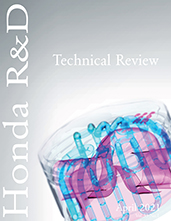Training / Education
Fundamentals and Applications of Electric Motors for Automotive Industries
As the electrification of automobiles is on the rise, it is imperative that the capabilities and limits of the associated devices and systems be understood at a higher level than previously considered adequate. For example, the Tesla Model S has 62 electric motors while the Model X has 70! They propel the vehicle and provide comfort too. Their design must reflect the worst case operating scenarios, duty cycles, environment, country of use and its standards, etc.

